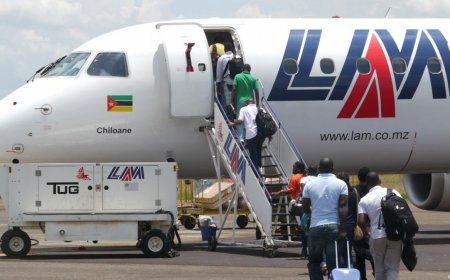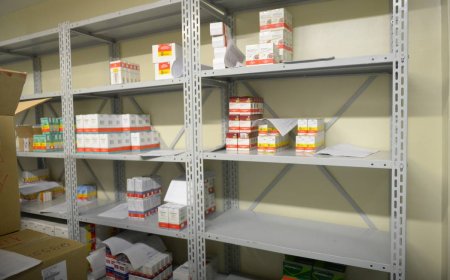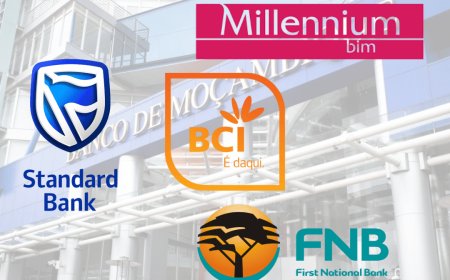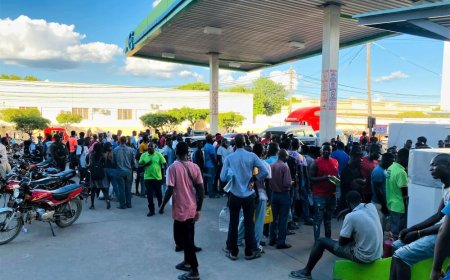Counterfeit Liquor Mafia: A Multi-Million-Dollar Empire Fueled by Corruption in Mozambique
According to the Mozambican Association of Alcoholic Beverage Producers and Importers (APIBA), an alarming 80% to 90% of popular spirit brands, such as Gordon’s Gin, circulating in Mozambique are counterfeit. These illicit products are sold at significantly lower prices than their genuine counterparts, sustaining a lucrative black market built on smuggling, adulteration, and institutional corruption spanning from border checkpoints to urban retailers.

The situation has escalated to such levels that the National Inspectorate of Economic Activities (INAE) has practically abandoned its legal duty to verify tax seals on alcoholic beverages. Ana Rita Freitas, Director of INAE, admitted that her institution once confiscated untaxed liquor and referred cases to the Tax Authority (AT), only to find that seized goods were either stolen or resold by corrupt officials. “With all due respect, this sector is overrun by criminality. My own team was prioritizing alcohol inspections because they were making money off it. The seized liquor was stolen and sold,” Freitas revealed, adding that the Tax Authority itself failed to properly account for the confiscated merchandise, fueling the circulation of fake products.
Freitas lamented the lack of institutional coordination to combat illicit trade. Although responsibility for verifying tax seals was supposed to shift from the Tax Authority to INAE, the process never materialized, leaving a regulatory vacuum that allows organized crime networks to thrive. Reports suggest that customs officials, regulatory inspectors, and distributors are all complicit in this multi-million-dollar trade.
The smuggling and counterfeiting process is enabled, in part, by the lack of oversight at border crossings, where tons of suspicious liquor bottles enter Mozambique without scrutiny. Even Freitas acknowledged that INAE lacks the necessary training and laboratory equipment to distinguish genuine products from counterfeit ones. “We simply do not have the capacity to determine whether a bottle of gin or whiskey is fake,” she admitted, emphasizing the need for technical partnerships to improve product verification.
As a result, the Mozambican market is flooded with cheap, potentially hazardous liquor. Genuine Gordon’s Gin, for example, should cost more in Mozambique than in its country of origin, yet counterfeit versions are available for as little as 400 meticais (approximately $6 USD) in street markets like Estrela Vermelha and bottle stores across Maputo. “I believe this illegal trade fuels the entire Estrela Vermelha market and many bottle stores,” Freitas added.
Beyond the serious public health risks, the counterfeit liquor trade bleeds millions in lost tax revenue while enriching a network of corrupt actors who ensure its survival. Analysts warn that authorities cannot continue ignoring a criminal enterprise that spans customs, law enforcement, and regulatory bodies. APIBA has urged stronger legislation, enforcement, and public awareness campaigns to curb the trade.
Until concrete action is taken, Mozambican consumers remain at risk, unknowingly purchasing unregulated, chemically dubious alcohol that could pose serious health hazards. The revelations from Freitas and other industry sources paint a bleak picture of a state unable—or unwilling—to dismantle one of the country’s most entrenched organized crime operations in the beverage sector.





















